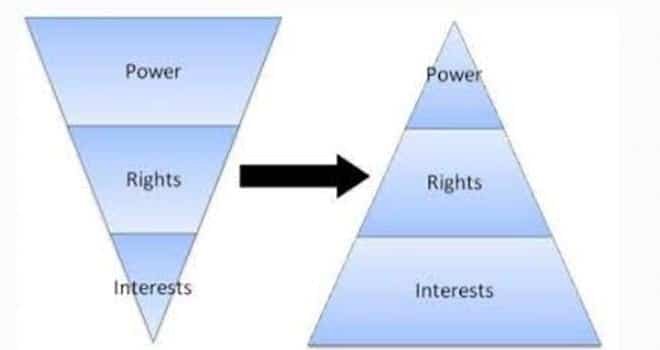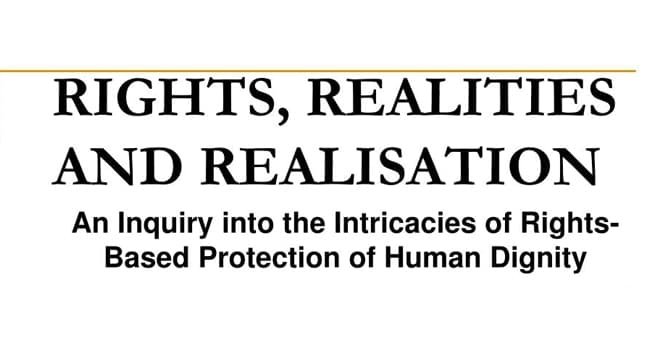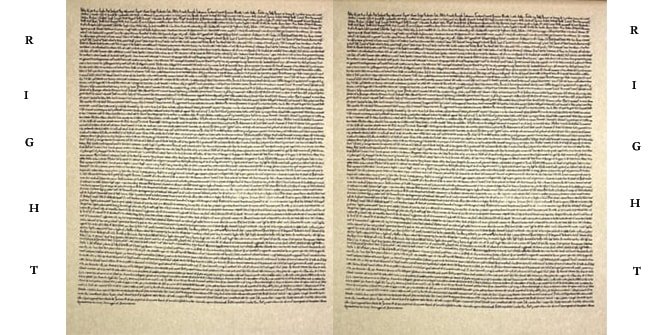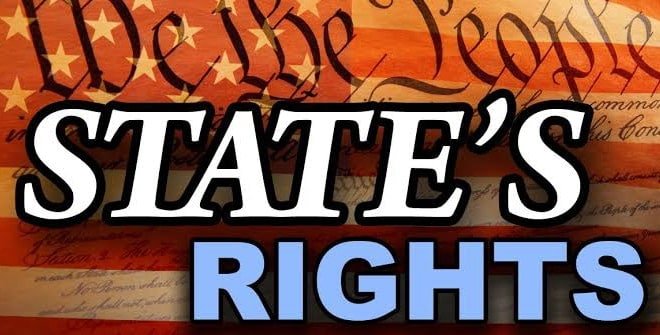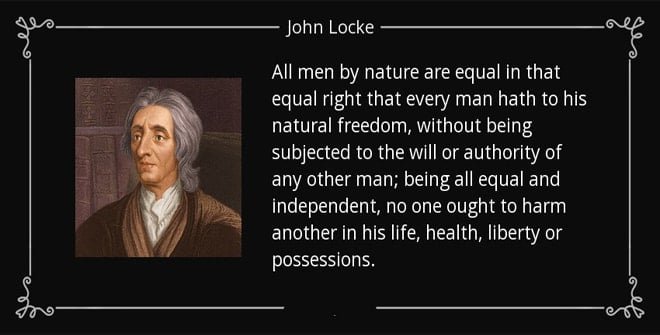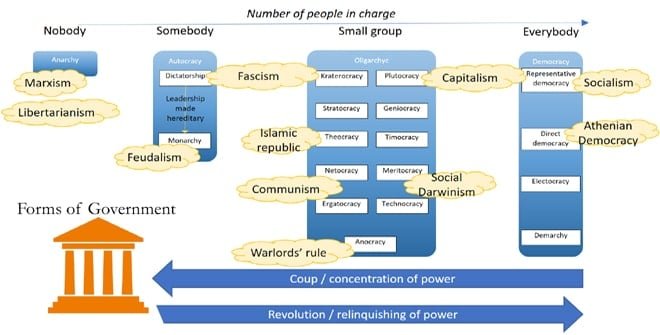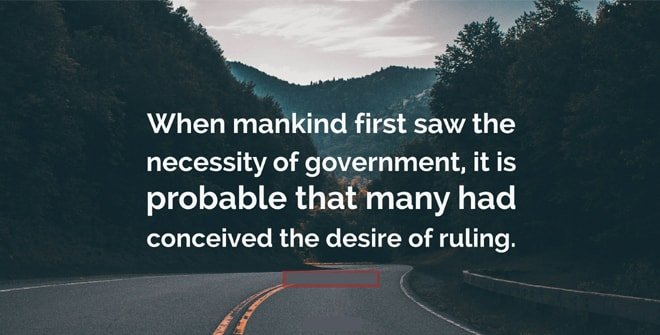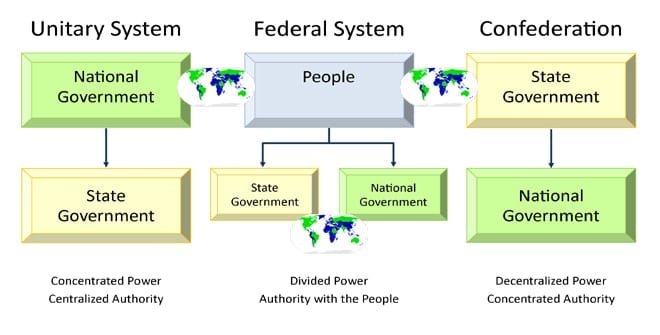Rights And Power
Rights And Power: We reach here a problem perhaps as difficult as any in the realm of political science. A government, I have argued, is limited by the purposes that it serves. It has no moral authority to act ultra vires those purposes. It has no authority, for instance, to invade the right to freedom … Read more

